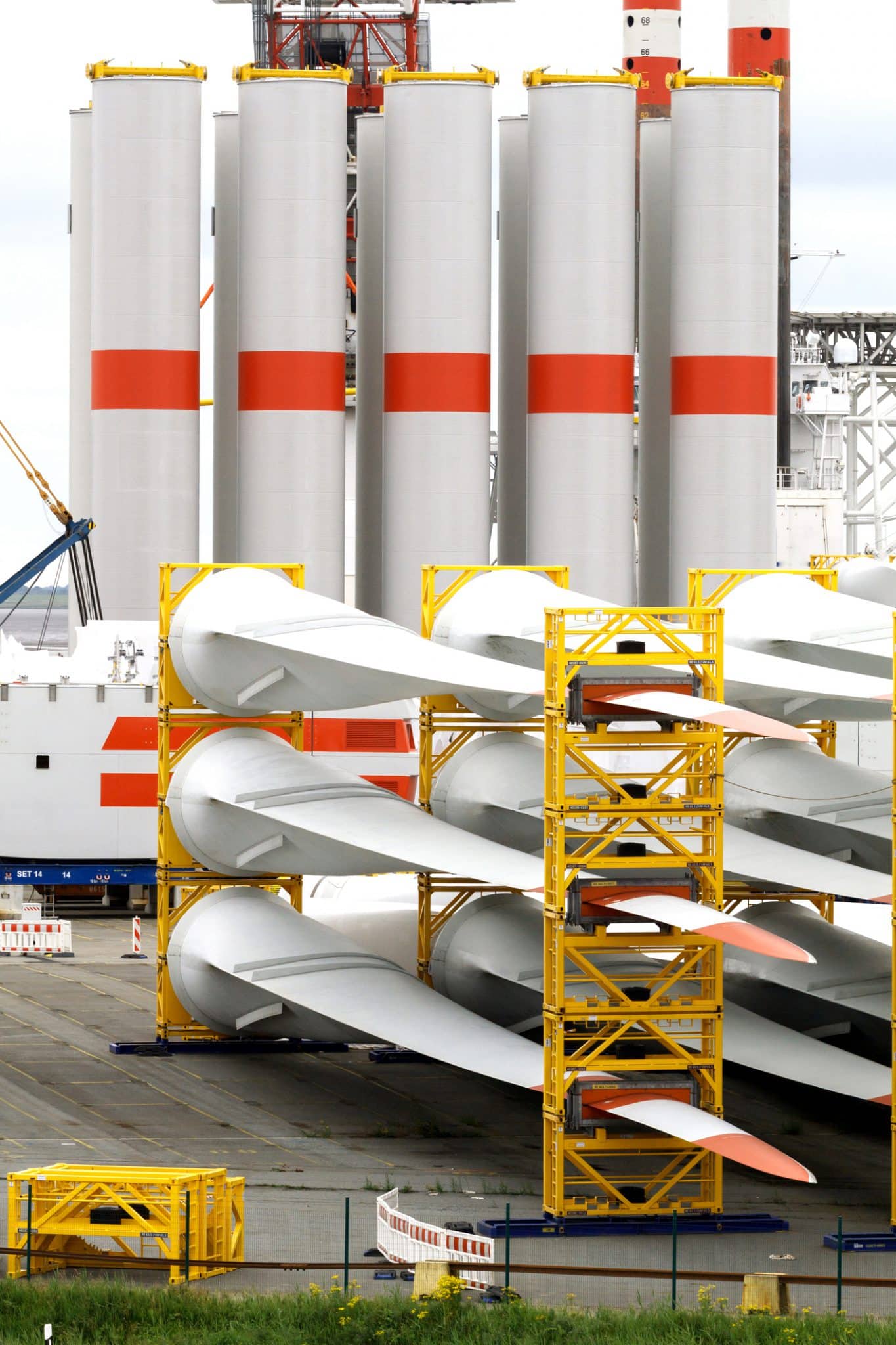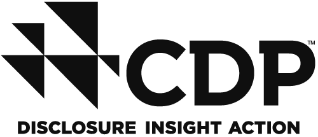Sustainability is at the core of Aker Horizons’ investments, decisions and operations
Sustainability at Aker Horizons
Aker Horizons develops green energy and green industry to accelerate the transition to Net Zero. Sustainability at Aker Horizons encompasses the investments we make, the projects we develop, and our engagement with the companies we own.
What is planet-positive
The concept of planet-positive recognizes that climate action and sustainable development cannot be reduced to a simple, one-dimensional approach.
To qualify as planet-positive, the activity must have a significant positive impact on one environmental objective, without causing serious adverse impact on another environmental objective or have an adverse social impact. Environmental objectives may include for instance climate mitigation, pollution reduction, circular business models or biodiversity impact.
Business development and investments
Aker Horizons is committed to undertaking planet-positive investments necessary to restore climate, the environment and biodiversity and to do so by developing sustainable, responsible and profitable companies and workplaces. Sustainability considerations are incorporated in the early-stage processes for both investments and project development, through initial screenings, impact analyses and due diligence.

Active ownership
As an active owner of companies, Aker Horizons engages directly with our portfolio companies on sustainability topics, and supports their journey to become best-in-class on sustainability. Our involvement takes place at various levels – from corporate dialogue, through direct board and/or nomination committee positions and through general meetings.

Transparency and reporting
Aker Horizons believes in tracking, assessing and transparently reporting our sustainability performance. Transparent reporting contributes to maintaining accountability and internal focus on sustainability topics, understanding progress towards our own targets as well as fulfilling emerging reporting requirements and meeting investor expectations.


Results and ratings
Greenhouse gas emissions
Aker Horizons’ reporting on direct and indirect GHG emissions is done in accordance with the GHG Protocol, and as reported in the 2024 Sustainability statement in accordance with CSRD for the Group. The majority of scope 1 and 2 emissions take place in Mainstream’s operations.
Sustainability ratings
Mainstream Renewable Power received the score B for Climate for 2024.
EU Taxonomy status
Turnover
CapEx
OpEx
Aker Horizons has reported on turnover (revenue), capital expenditure (CapEx) and operating expenses (OpEx) associated with taxonomy-eligible and taxonomy-aligned activities in accordance with the EU Taxonomy regulation for 2024. See the 2024 Sustainability Statement page 26 and onwards in the Annual Report for further details.
Other key figures for Aker Horizons and its portfolio
Reporting concerns
Aker Horizons welcomes feedback on how we manage sustainability, including but not limited to human and labor rights. If you, as an individual, community or company, have questions or concerns regarding our activities, our feedback channel is open to anyone. All grievances are taken seriously. It is possible to report anonymously, and the mechanism is available in many languages. Please select the category “other” if the concern is not related to compliance and integrity, but relates to the topics described above – including human rights.
If you seek information about Aker Horizons’ work on sustainability, including requests associated with the duty to provide information under the Norwegian Transparency Act, please contact our Sustainability Director.
Whistleblower and grievance channel
Report a concern through our whistleblower and grievance channel
akerhorizons.portal.speeki.com
General enquiries or other requests
Mari Engh Brekke
Email: mari.engh.brekke@akerhorizons.com
